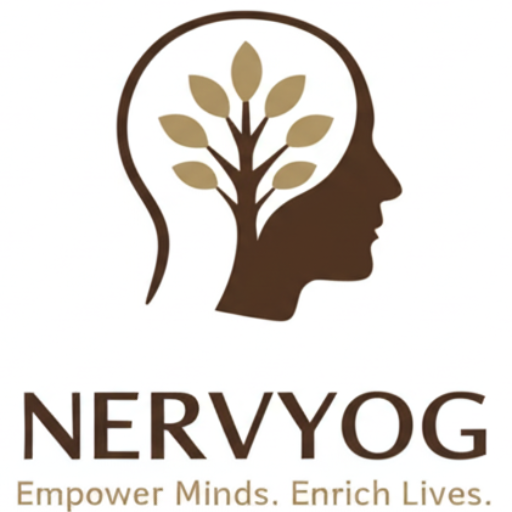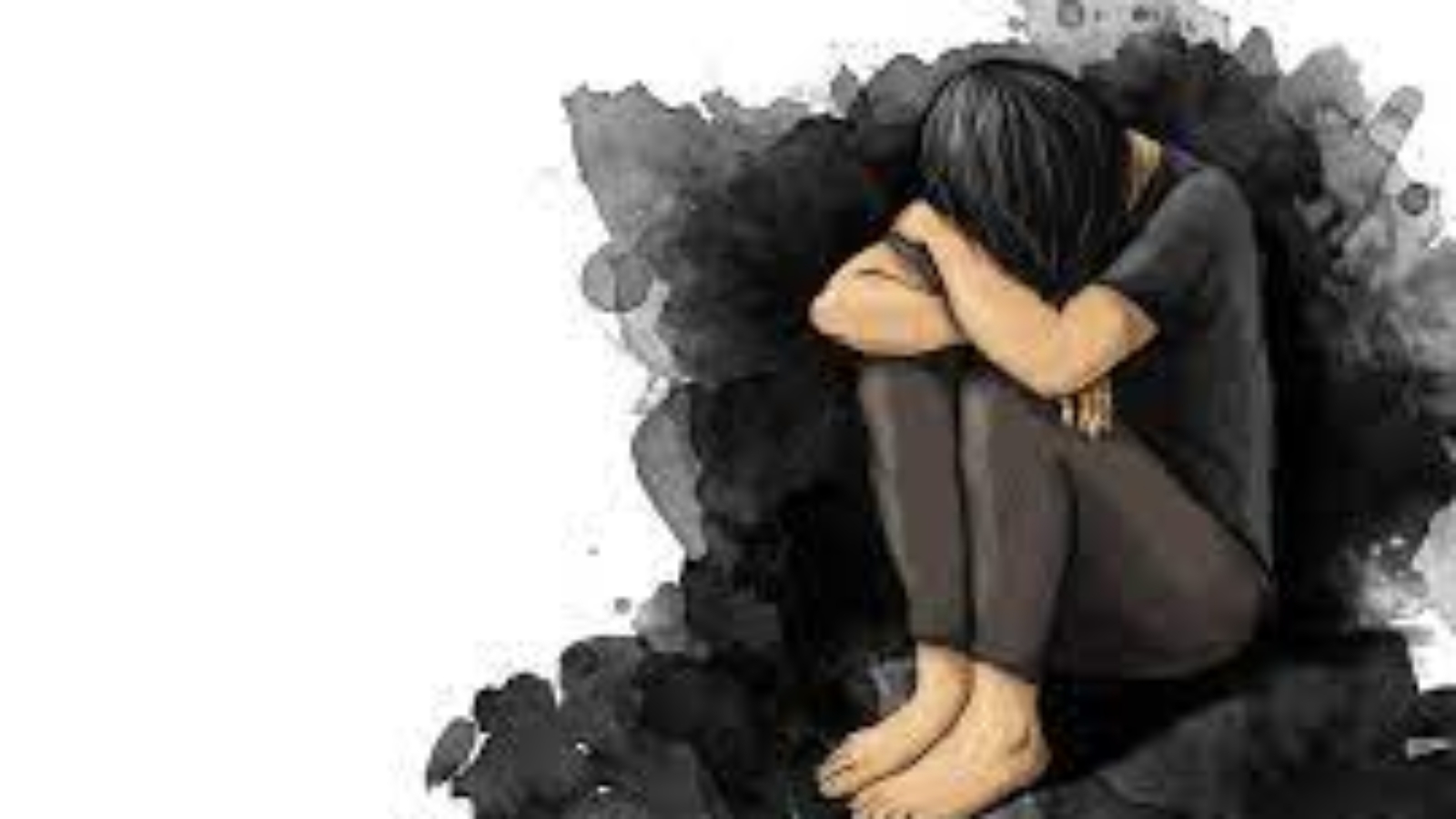Depression is a mental health condition that can manifest with a range of symptoms, and it’s important to note that everyone’s experience with depression can be different. Symptoms can vary in severity and duration. It’s also common for individuals to experience a combination of physical, emotional, and cognitive symptoms. Here are some common symptoms associated with depression:
- Persistent Sad, Anxious, or “Empty” Mood:
- Feeling consistently sad, hopeless, or experiencing a general sense of emptiness.
- Loss of Interest or Pleasure:
- Losing interest in activities or hobbies that were once enjoyable.
- Significant Weight Changes:
- Changes in appetite and weight, leading to significant weight loss or gain.
- Sleep Disturbances:
- Insomnia or hypersomnia (excessive sleeping) are common symptoms of depression.
- Fatigue or Loss of Energy:
- Feeling constantly tired, lacking energy, or experiencing a general sense of sluggishness.
- Feelings of Worthlessness or Guilt:
- Having persistent negative thoughts about oneself, feeling excessively guilty, or experiencing a sense of worthlessness.
- Difficulty Concentrating or Making Decisions:
- Trouble focusing, making decisions, or experiencing memory issues.
- Psychomotor Agitation or Retardation:
- Either being noticeably more fidgety and restless or having slowed movements and speech.
- Suicidal Thoughts or Attempts:
- Thoughts of death or suicide, or engaging in self-harming behaviors.
- Physical Symptoms:
- Headaches, digestive problems, and other physical symptoms that do not have an apparent medical cause.
It’s important to note that experiencing some of these symptoms occasionally does not necessarily indicate depression. However, when these symptoms persist for an extended period (usually at least two weeks) and significantly interfere with daily functioning, it may be indicative of clinical depression. If you or someone you know is experiencing these symptoms, seeking professional help from a mental health professional, such as a therapist or psychiatrist, is crucial. Depression is a treatable condition, and various therapeutic approaches and medications are available to help manage and alleviate symptoms.


Add a Comment